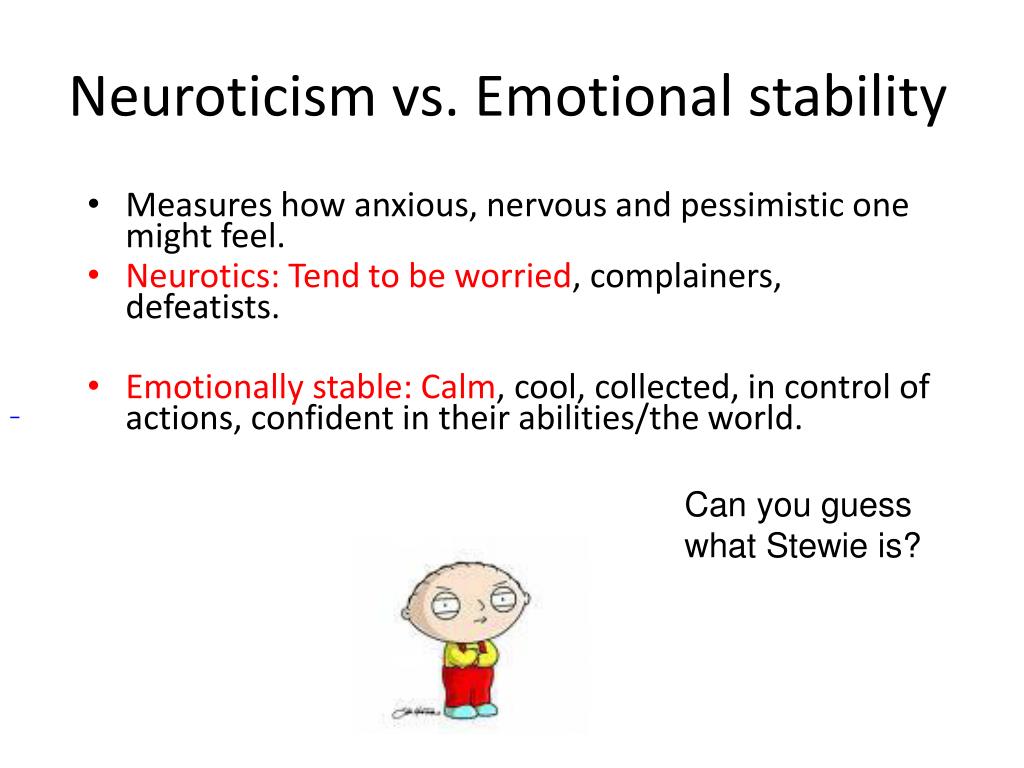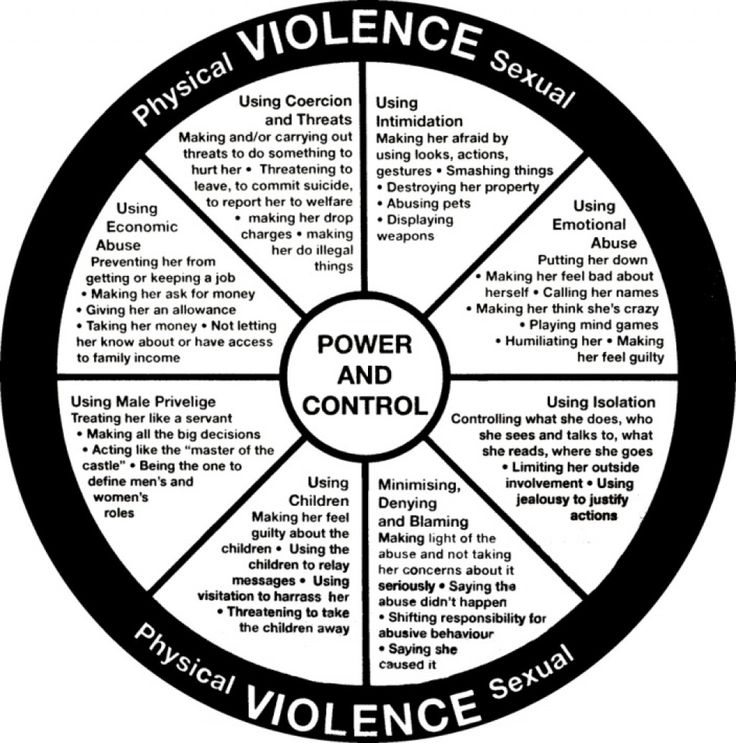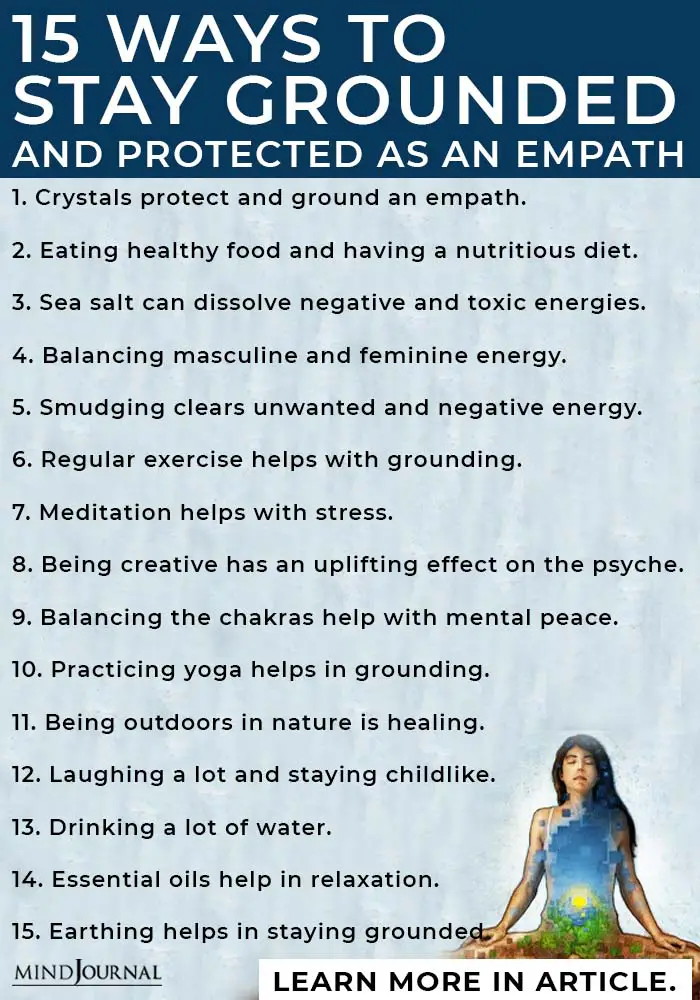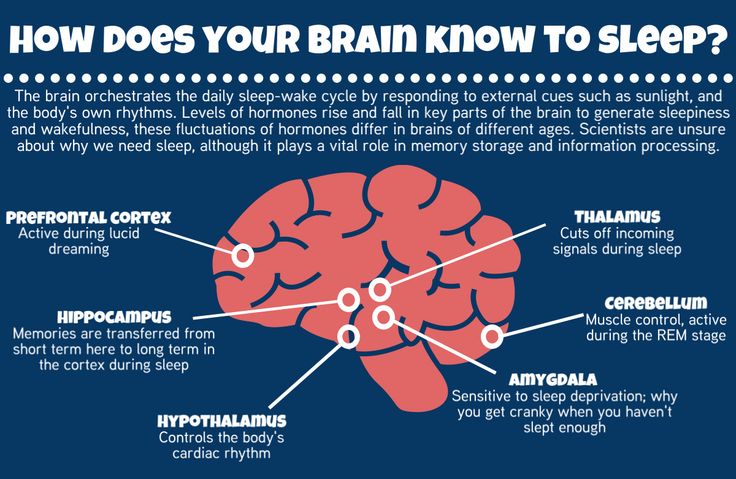Emotional stability means
Emotional Stability
As life continues to function through the current global pandemic, something unlike most of us have seen before, everyone is vulnerable to a degree of emotional stress. Emotions are at the centre of everything we do. Controlling your thoughts, decisions and behaviours. Ever increasing levels of uncertainty brew higher levels of anxiety which can lead our emotions all over the place. Which is why during this pandemic emotional stability is ever more important.
What is Emotional Stability?Emotional stability refers to a person’s ability to remain stable and balanced. Being emotional stable means, you are able to stay calm during stressful periods and tend not to experience many negative feelings. So, when life throws things your way you are better equipped to remain productive and capable through it.
The power of your emotions is unrivalled, as earlier mentioned they influence your behaviours, thoughts and decision making. For example, you pass your driving test. This gives you immense feeling of happiness and excitement. As a result of your feelings everything seems so much better, a new sense of freedom to travel. And since you just passed your driving test and your all happy you decide to go out and celebrate with your friends.
This effect isn’t exclusive to positive emotions, negative emotions also have an impact on us. Anger, fear, resentment, frustration and anxiety are all emotions people regularly experience. These negative emotions can create extra stress and can impact your decisions, behaviours and thoughts.
Why is emotional stability important?ConfidenceCriticism is an important part of life; it reminds us that not everyone is perfect, and we all have room to grow. Despite that when we receive it you can’t help but feel deflated or hurt when you receive it.
When you are emotionally stable, you feel more comfortable about yourself and despite the disappointment you will continue to reach your goals having the confidence to move forward.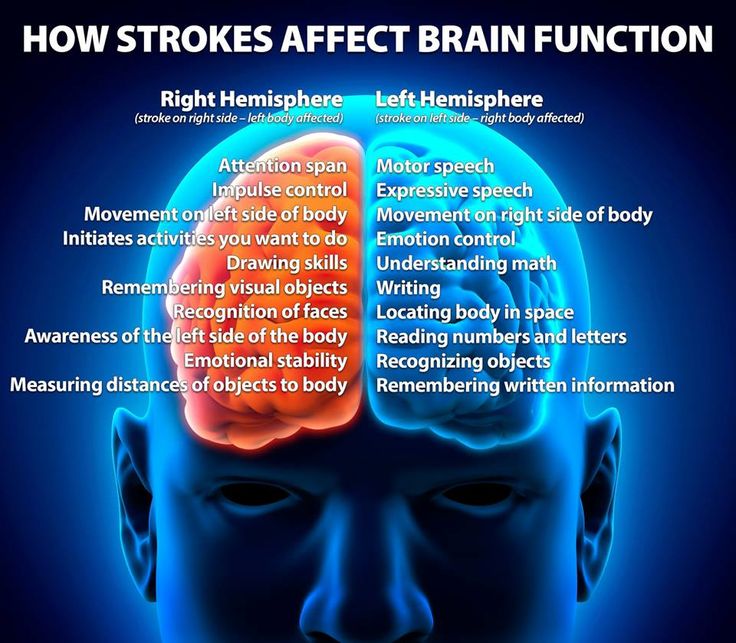
In everyday life there is always the chance for a curveball, look at the current pandemic no one saw it coming and it has had a devastating impact on many people. It is in these moments when anxiety and panic can take over.
Those with high levels of emotional stability will maintain their focus throughout the difficult and tough times. Ensuring they keep their emotions under wraps and remain in control. Allowing your continued productivity and focus throughout the tough times to come up with a solution.
PositivityNo one enjoys being pushed out of their comfort zone, when this happens people tend to experience negative emotions such as anxiety and fear. You also tend to lack confidence or begin to doubt yourself. These emotions tend to bring the worse out in people.
Those that are emotionally stable prevent those negative emotions and thoughts from taking over, and instead are able to see the light at the end of the tunnel. Maintaining a positive outlook for the situation, knowing that whatever is going on will pass and remaining positive you will overcome the current challenge.
Maintaining a positive outlook for the situation, knowing that whatever is going on will pass and remaining positive you will overcome the current challenge.
Emotional stability is one of the characteristics that can be difficult to judge without some form of psychometric assessment. A good personality assessment will cover not only emotional stability but also the sub scales for a real in-depth analysis of this trait among candidates.
Life is full of challenges for us all to face, some we can prepare for but others that inevitably catch us off guard. It is in these moments that emotional stability really shines.
To learn more about the psychometric tests we provide, use the following link: http:www.inpsyght.co.uk/our-tools/
2.5 Emotional Stability | Soulbus-e-Coach
The ability to deal with psychological stress. In an intercultural context one is confronted with different cultural and interpersonal situations that must be coped with.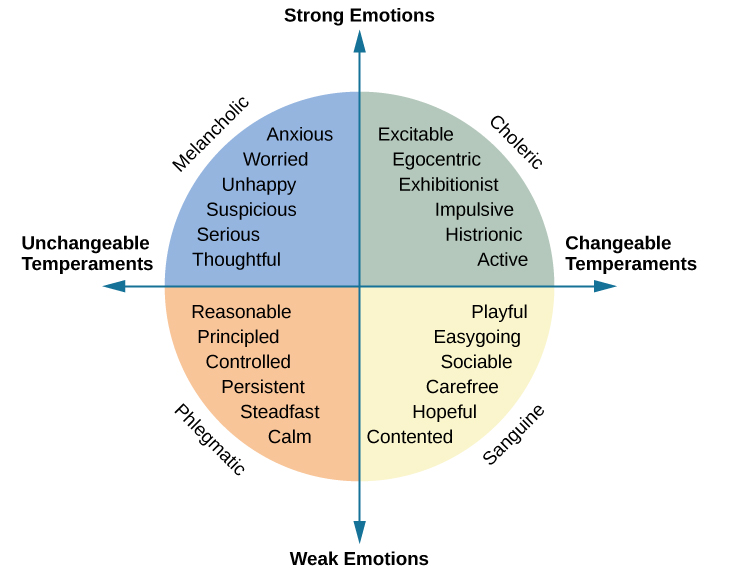
How this module Emotional Stability is build up
First of all you have to get acquainted with the concept of emotional stability; what is it and on what is it based.
Secondly, you have to be aware about your own feelings, thoughts and behaviour by doing small tests.
Third, emotional stability has to contribute to your competences in teaching or mentoring students from another country and culture, with other values and norms than you have. How can you ‘understand’ empathy of individuals different than ourselves?
To reach these goals, you read theories; view video’s, make assignments for yourself and discuss cases on a forum with your peers.
The order of the Chapter:
- Indicator chart.
- Emotional Stability, the concept.
- Emotional Stability, self test
- Emotional Intelligence.
Indicator chart
Concept of Emotional Stability
Emotional stability is the capacity to maintain ones emotional balance under stressful circumstances.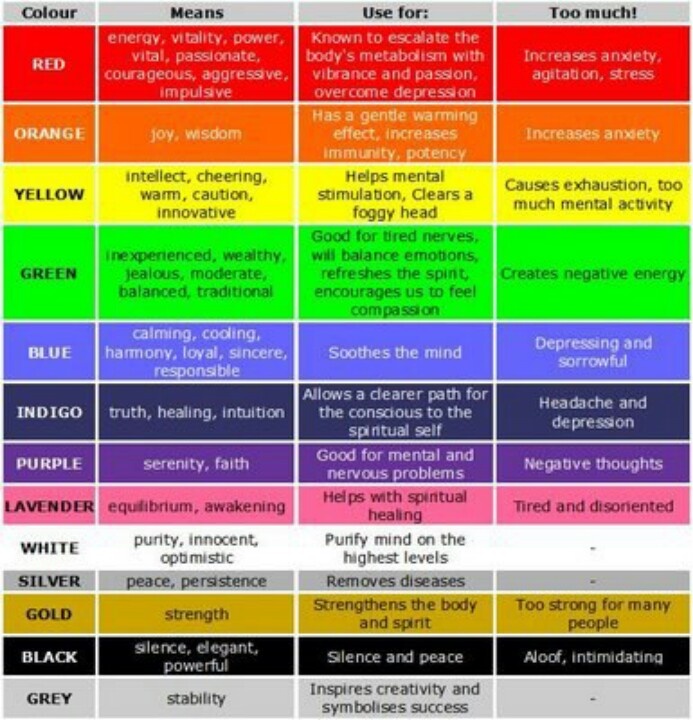 It is the opposite of emotional instability and neuroticism.
It is the opposite of emotional instability and neuroticism.
Emotionally stable persons tolerate minor stresses and strains of day to day living without becoming emotionally upset, anxious, nervous, tense, or angry. They are able to maintain composure under minor emotional stress. They are fairly constant in their basic mood, and they generally revert quickly to that state following those occasions when they have experienced considerable stress or have been exceptionally provoked. The unstable person, on the other hand, is subject to fairly wide, frequent, and often unpredictable mood shifts that may swing from pole to pole 1.
Emotional stability enables the person to develop an integrated and balanced way of perceiving the problems of life. This organizational ability and structured perception helps one to develop reality-oriented thinking, judgment and evaluation ability. One develops feelings, perceptions and attitudes that help in understanding the realities of life and conditions and circumstances that create miserable situations in life. Such understanding helps one promote high ego strength2.
Such understanding helps one promote high ego strength2.
Emotional stability is an important indicator for multicultural competences. Competent teachers and mentors are expected to teach and supervise students / trainees from different cultural backgrounds and are able to improvise as the situation requires. Especially in international classrooms or groups, with a mix of cultural backgrounds, it can be hard to deal in an effective way with stressful events and situations. Teachers and mentors need the capacity to maintain ones emotional balance under these stressful circumstances and stay far away from emotional instability or neuroticism.
This balance is playing a role in several natures and emotions, like pessimism/optimism, anxiety/calmness, aggression/tolerance, dependence/autonomy, emotion/logic, apathy/empathy.
Emotional Intelligence
The quality of the education and mentoring of foreign students/trainees depends to great extent on the professional competence and emotional stability of teachers/mentors.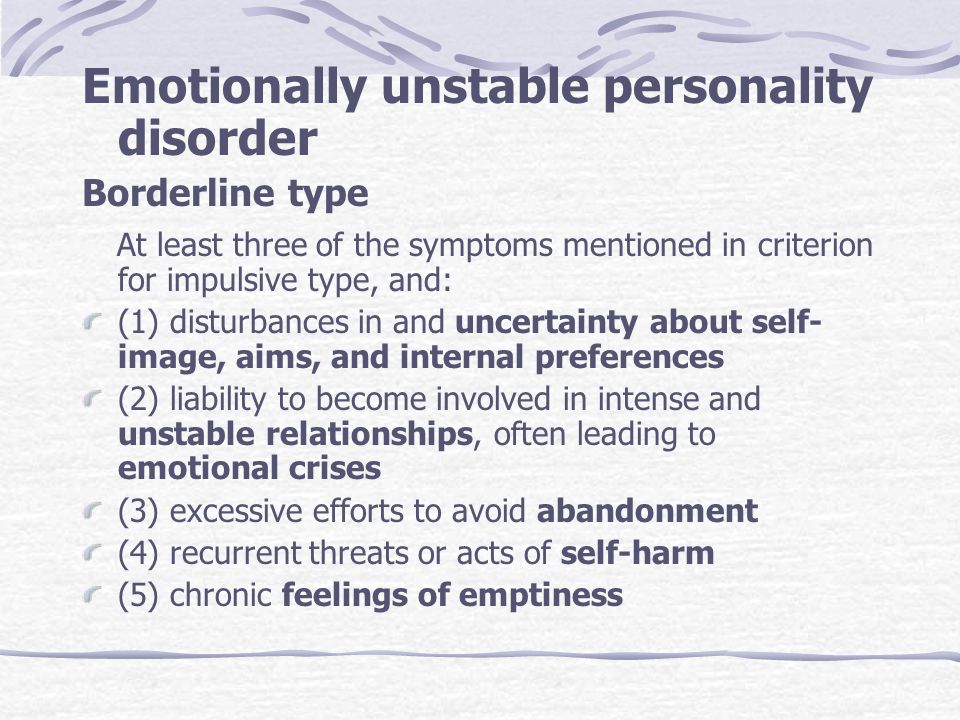 Emotions like frustration, unhappiness, dissatisfaction, reflect in a negative way on the students and trainees.Therefore it is important to control emotions in a proper way.
Emotions like frustration, unhappiness, dissatisfaction, reflect in a negative way on the students and trainees.Therefore it is important to control emotions in a proper way.
Emotions tend to direct to short-term decisions, whereas decisions made with our rationality will have longer term values. Emotional intelligence is an important feature to keep good balance between emotions and ratio. Emotional intelligence helps to minimize the negative impact of emotions on failure. This shows the importance of emotional intelligence.
Read:
– ‘A study of emotional intelligence of higher secondary school teachers of Madhya Pradesh’
– ‘Before you say ‘I Do’,Ray Pritchard (2008) p52/53
Emotional stability - Psychologos
October 01, 2022, 21:27
Emotional stability - restraint; a person is emotionally mature, calm, stable in interests, hard-working, can be rigid, focused on reality, he is not hurt by annoying little things.
The opposite of emotional stability is emotional instability - impulsiveness, a person is under the influence of feelings, changeable in moods, easily upset, unstable in interests. Low tolerance for frustration, irritability, fatigue. Characteristic for Asthenic and Labile type.
Low tolerance for frustration, irritability, fatigue. Characteristic for Asthenic and Labile type.
Emotional stability in the work of an employee can be assessed on the following scale: (-2) Emotions control. Avoids the demands of reality, neurotic fatigue, irritable, emotionally excitable. (-1) Sensitive, emotionally unstable, easily upset. (0) 50/50 can evaluate situations rationally, often making emotional judgments. (1) Emotionally stable, soberly assessing reality, active, mature. In most cases, the situation evaluates rationally. (2) Emotionally mature, stable, unflappable. Able to soberly rationally assess complex situations and work efficiently under stress.
How to strengthen emotional stability
Your emotional stability can be strengthened, trainings and special psychological exercises contribute to this. Most of all, strengthening emotional stability helps ↑ Syntone program: Communication Mastery and Emotion Management.
If you don't have the opportunity to go through the Synthon program yet, you can work on yourself with the help of special exercises.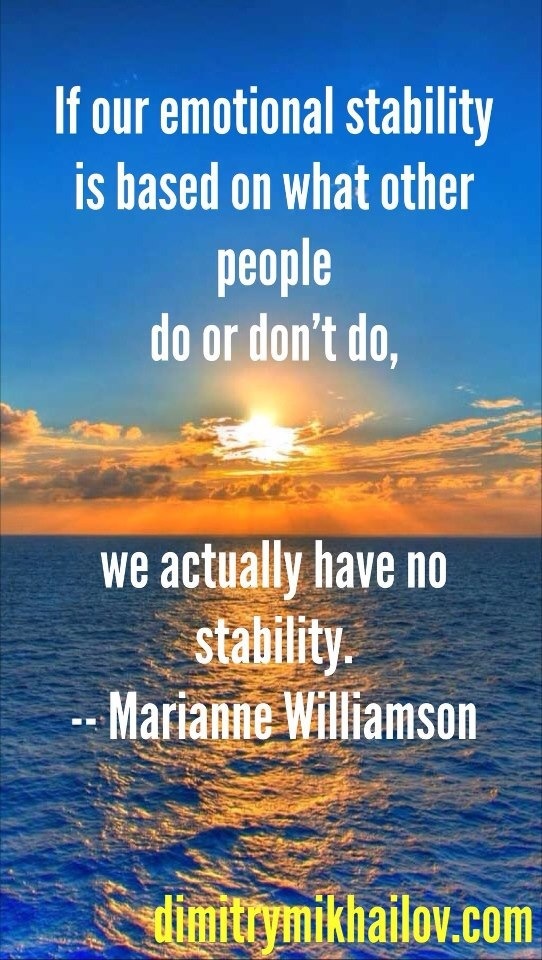 Our recommendations:
Our recommendations:
- Calm presence is work with the body. Formation of the body base of a calm, adequate, sane person.
- Emotional traffic light is work with the head. The result is that annoying little things hurt less, it is easier to distinguish: "This is a trifle, not something serious." Even the serious blows of life are perceived more calmly.
- Mental insurance is work with the soul as a whole. The soul trains to take the blows of life, becomes stronger, more protected.
- Dawn in Kryzhopol is a work with a philosophy of life, a willingness to start life from scratch. Description of this exercise from the Syntone program: "Management of emotions".
- Emotional stability
- Affective sphere
)
Guest, November 03, 2013, 10:07 PM
Yes.. I'm also interested in the last recommendation. 9November 23, 2014
Guest, October 31, 2018, 10:23
It's 2018, but it hasn't dawned in Kryzhopol.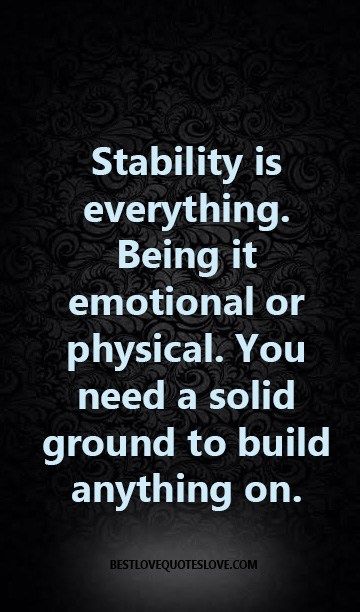 Post the exercise, please.
Post the exercise, please.
Guest, March 02, 2019, 05:02 AM
This is something like indifference. This quality is possessed by people mainly either from special forces or maniacs.
Related materials:
10 Jan. 2017
The suitcase did not arrive, but promised to return
I've had a lot of flights in my life, and losing my suitcase for me was something like “It's not about me”, but “Never say never”. On New Year's Eve, the whole family flew to another country. In my suitcase were my things, my evening dress and expensive decorations for the New Year's Eve dinner, as well as my little son's things. Upon arrival, my husband's suitcase was on the luggage belt, but mine was missing. Where my luggage could only guess.
1Read more
Oct 01 2022
Mental invulnerability
People are emotionally vulnerable to varying degrees: someone is hurt by minor problems, someone is more affected by large "torpedoes".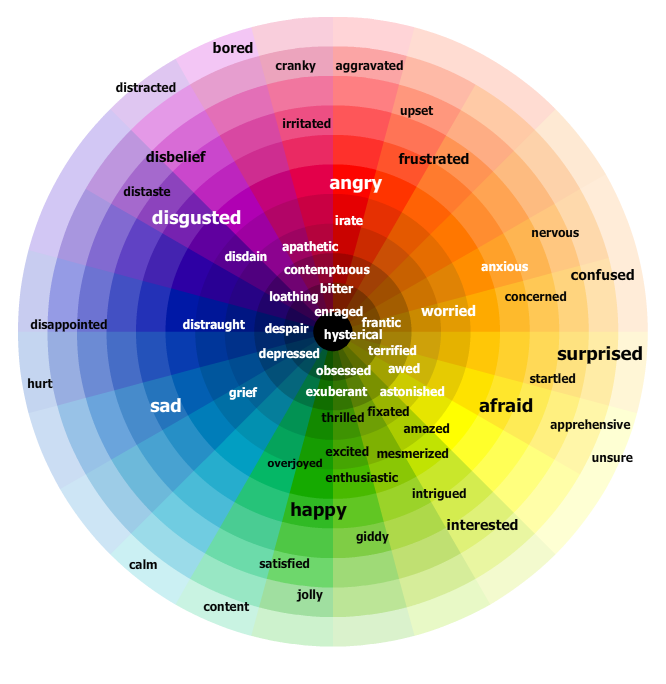 Usually, children are more likely to react to little things, not noticing major events: Why is there a war, my little engine has broken down!
Usually, children are more likely to react to little things, not noticing major events: Why is there a war, my little engine has broken down!
0Read more
Oct 01 2022
Mental stamina
Mental stamina - the ability to hold one's position, one's line and not retreat, despite fears and threats. A resilient person may be afraid, but has the strength not to give up. Mental fortitude is also the ability not to react to minor troubles and withstand the serious blows of life.
1Read more
Oct 01 2022
Efficiency of the Syntone program
0Read more
01 Oct. 2022
Efficient employee
An efficient employee performs the tasks set by the manager accurately, on time and at no extra cost. The main indicators (competencies) by which you can evaluate the performance of an employee: 1) Responsibility. 2) Activity. 3) Punctuality. 4) Initiative. 5) Analytics. 6) Independence. 6) Efficiency. 7) Goodwill. 8) Emotional stability. ;;
4) Initiative. 5) Analytics. 6) Independence. 6) Efficiency. 7) Goodwill. 8) Emotional stability. ;;
2Read more
Oct 01 2022
Emotional instability-emotional stability according to Cattell
Emotional instability-emotional stability according to Cattell.
0Read more
Jan 01 2010
Emotional traffic light
What happened to us: a trifle or not? Just "bad luck" or "terrible"? The magnitude of what has happened, the magnitude of the loss, is always determined by comparison with something else.
2Details
How to improve emotional stability | PSYCHOLOGIES
The main goal of Chinese medicine is to help a person restore balance: to achieve that the body has found inner harmony and is in balance with the outside world. Any emotional imbalance: regular experiences, stressful conditions, emotional swings - in Chinese medicine is directly related to health.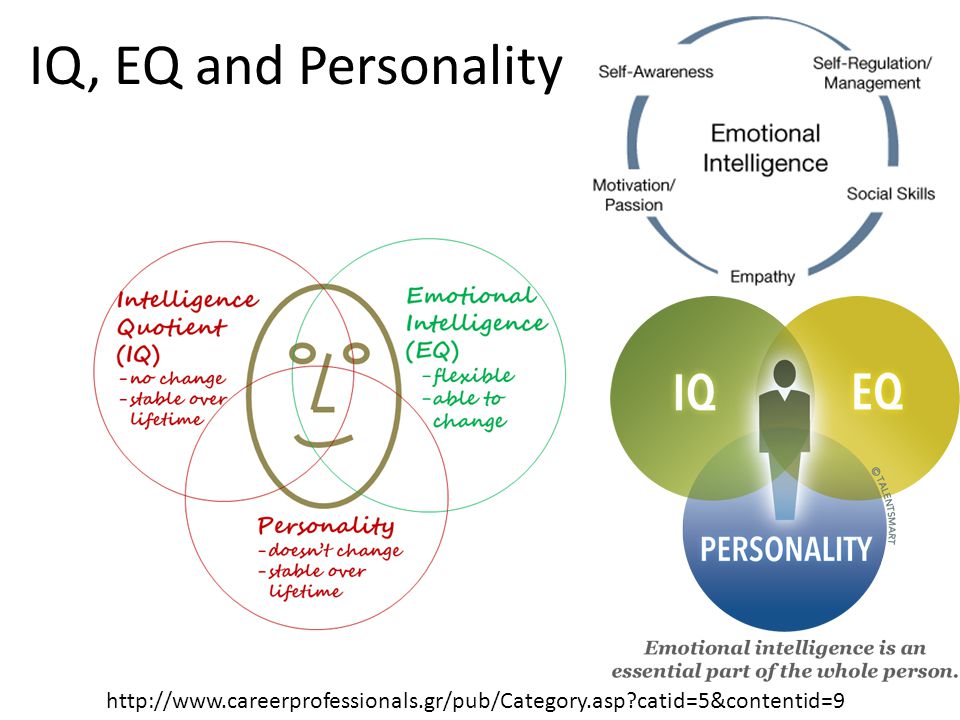 If emotions are "unbalanced", the body also suffers - it becomes susceptible to various diseases.
If emotions are "unbalanced", the body also suffers - it becomes susceptible to various diseases.
Emotions and organs
In Chinese medicine, each emotion is associated with one or another organ. For example, anger is a signal that the liver is out of balance. Moreover, just as the body can “generate” emotions (the liver hurts because we “love” to be angry), so emotions affect the body: the more often we get angry, the worse the condition of the liver. There are many such patterns: sadness is associated with the state of the lungs, a passion for self-digging and self-accusation is expressed in violations of the spleen, and so on. Where to start treatment and how to break this vicious circle, only a specialist can decide.
Western medicine also studies the so-called psychosomatic diseases (diseases of the body associated with the psychological state), however, the therapeutic effect on both the diseased organ and the “sick” emotion has not yet become a trend. Therefore, if you understand that some kind of emotion manifests itself in you with or without reason, you should be examined by a Chinese medicine doctor. A specialist can diagnose deviations that will lead to diseases only after a few years, and timely treatment will help prevent their development.
A specialist can diagnose deviations that will lead to diseases only after a few years, and timely treatment will help prevent their development.
Balance at the level of the body
What does a person who is emotionally stable, calm, confident and happy look like? In Chinese medicine, it is believed that emotional stability is possible only on the basis of physical stability, balance. So, a healthy body with good posture is the basis for maintaining emotional balance.
Each emotion "settles" in the body in the form of certain clamps. These tensions help to realize it: for example, when we are sad, we stoop, the chest tenses, “closes”. This is how animators depict sadness: the unfortunate character has shoulders and neck forward, and his back is a wheel.
Another example: you probably know people who regularly drop something, stumble, fall. How is their emotional stability? Not too good either! Emotional stability is directly related to physical stability: the ability to stand confidently on your feet, to correctly distribute body weight on the foot.
Search for relaxation
To get rid of muscle tension, it is useful to master any gymnastics aimed at active relaxation. It is important to learn to find habitual tensions that we have stopped noticing and relax them. This will help you manage your attention.
Mastering, for example, Qigong for the spine Sing Shen Juang, we learn to control attention: it travels through the body and notes tensions that have long ceased to be read by the brain. When choosing gymnastics for relaxation, remember that you will be trained precisely in attentive, sensitive execution of exercises, in the search for a new, unusual type of movement.
Work on body stability
In order to “pump” body stability, various balance exercises combined with the same active relaxation that we have already talked about will do. Learning to stand on one leg, straining all possible muscles, is possible, although not easy. But how to find an “asymmetric balance”, when all the extra muscles are “turned off” and only the necessary minimum of muscles remains in good shape? The task is interesting, and it is its solution that provides us with true stability - both at the level of the body and at the level of emotions.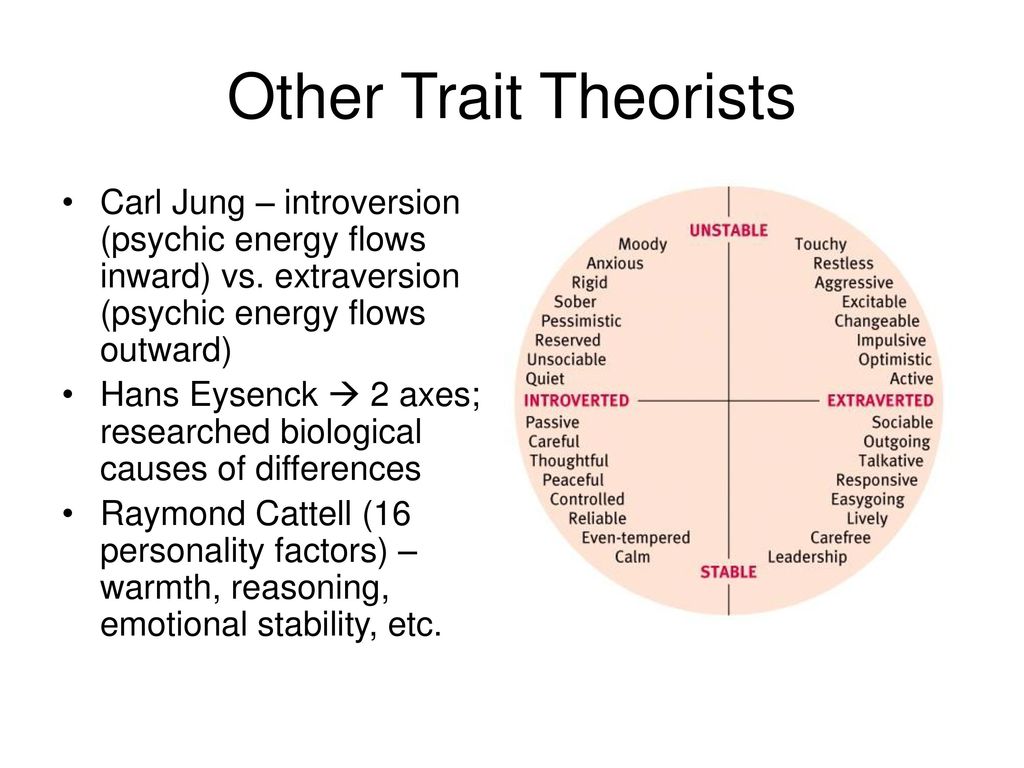
Try one of the Sing Shen Juang exercises, which trains the body to a new level of balance.
- Stand up straight, feet close, back straight, crown tending upwards.
- Raise the right leg so that the thigh is parallel to the floor, the knee is bent at 90 degrees, the toe is extended and points to the floor. The arms are bent at the elbows, the forearms are parallel to the floor.
- Start rotating your foot outward while maintaining balance. The muscles of the thigh and buttocks are maximally relaxed, the abdomen is soft, the temporomandibular joint is also relaxed. Do 12 rotations.
- Extend your right leg as if you are pointing your toes at something on the floor in front of you, do 12 more rotations. When changing position, keep the muscles of the legs, back, and abdomen relaxed.
- Change foot and do 12 left foot outward rotations.
- Change legs again and do 12 rotations with the right foot inward.
- Repeat this movement with the left leg.
